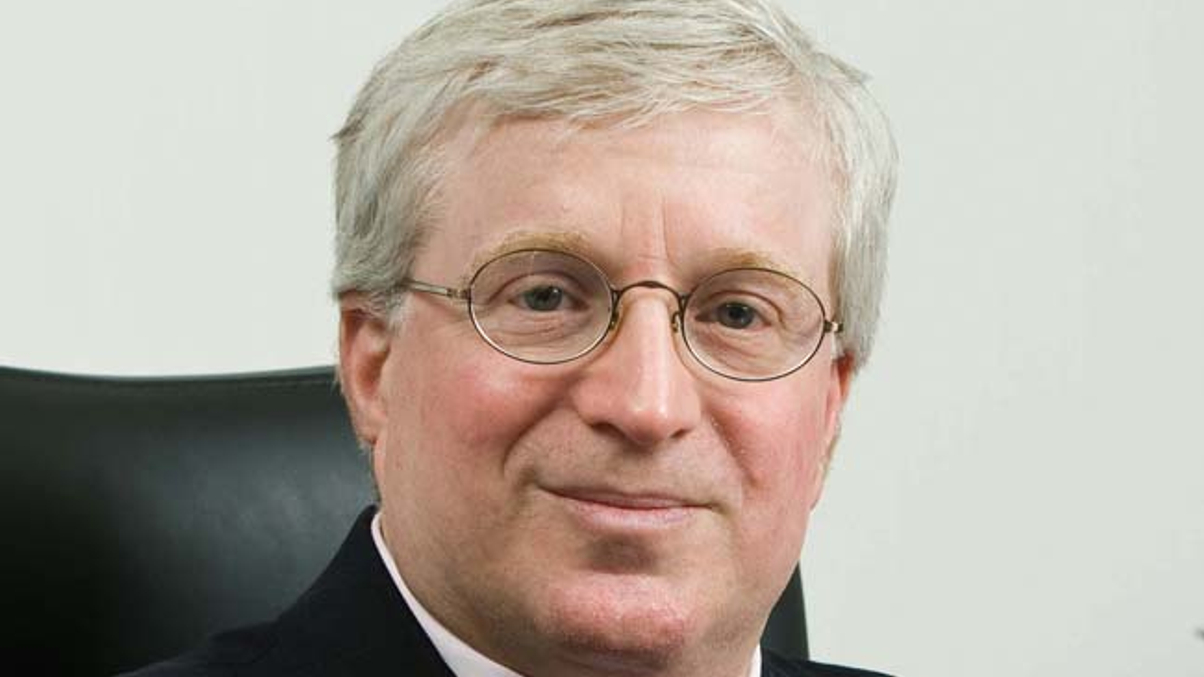KIC’s next CIO likely to be a Korean
Scott Kalb caps his three-year term at Korea Investment Corporation with a $200 million China QFII quota. He can expect to win a good role in Asia if he wants to stay in the region.

Scott Kalb’s three-year contract as chief investment officer at Korea Investment Corporation expires at the end of March and will not be renewed.
Sign in to read on!
Registered users get 2 free articles in 30 days.
Subscribers have full unlimited access to AsianInvestor
Not signed up? New users get 2 free articles per month, plus a 7-day unlimited free trial.
¬ Haymarket Media Limited. All rights reserved.


